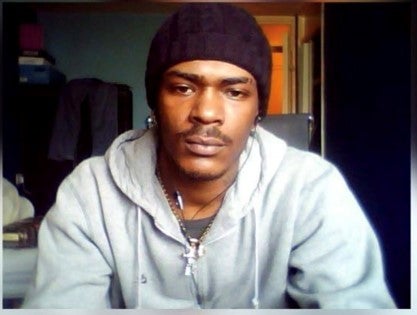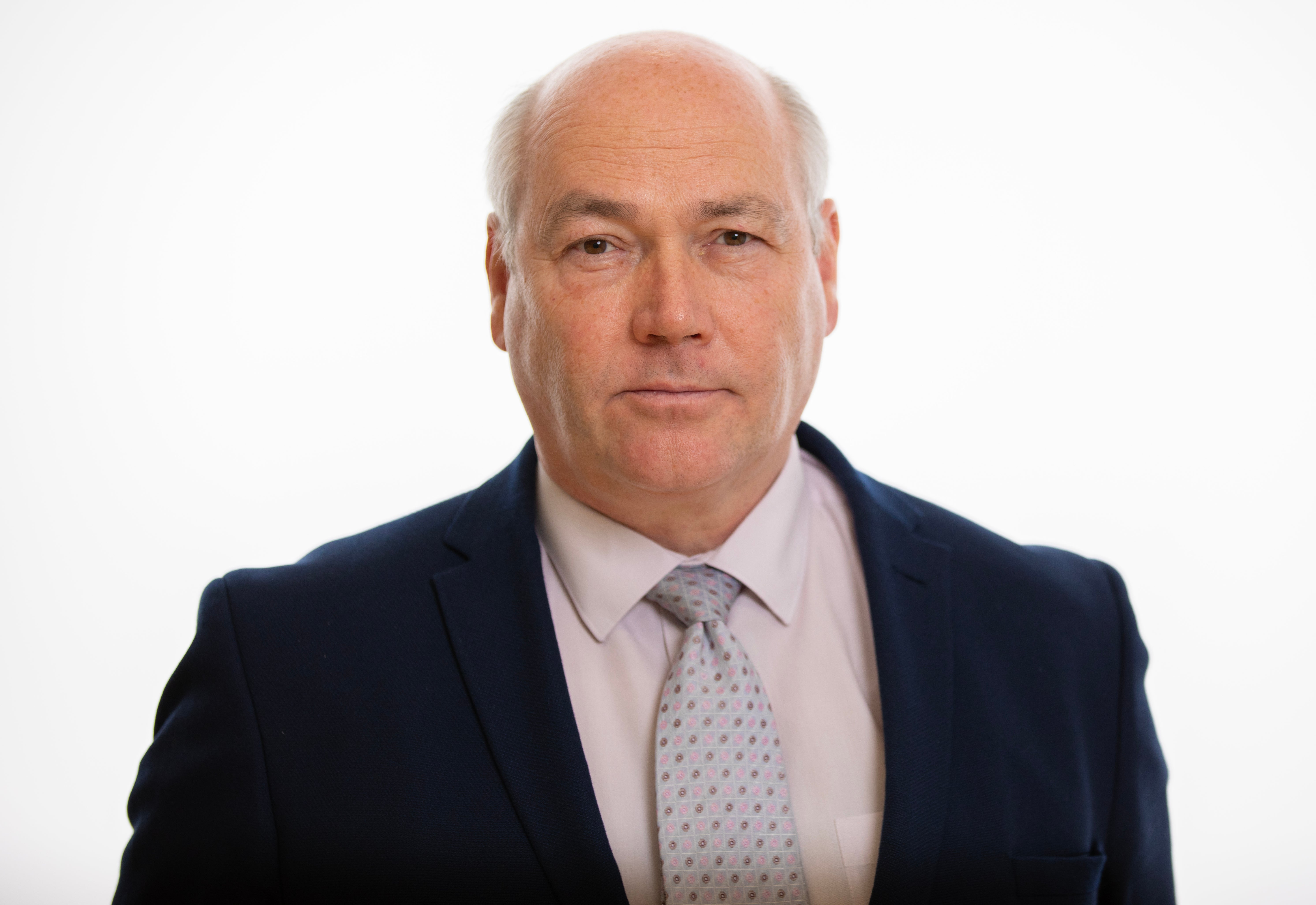- News
- UK
- Crime
Exclusive: Epileptic prisoners are dying in their cells without receiving the care they are entitled to
Amy-Clare MartinCrime CorrespondentSaturday 22 November 2025 10:05 GMT
 CloseInternational Epilepsy Day: Doctor shares how to help someone having a seizure
CloseInternational Epilepsy Day: Doctor shares how to help someone having a seizure
For free real time breaking news alerts sent straight to your inbox sign up to our breaking news emails
Sign up to our free breaking news emails
Sign up to our free breaking news emails
 Email*SIGN UP
Email*SIGN UPI would like to be emailed about offers, events and updates from The Independent. Read our Privacy notice
Inmates are dying needlessly in Britain’s prisons because of a string of failures in their healthcare, The Independent can reveal.
A damning review commissioned by the Prisons and Probation Ombudsman (PPO) found inmates with epilepsy had been found dead after being locked in single cells despite having uncontrolled seizures.
The shocking research also found prisoners were more than four times more likely to die of sudden and unexpected death in epilepsy (SUDEP) than those on the outside.
And almost a quarter of prisoners whose deaths were caused by epilepsy in the past ten years did not receive the care they were entitled to.
PPO Adrian Usher, who has issued a bulletin calling for better epilepsy management in custody, said grieving families will be tormented by the question of “if they had received equivalent care, would their loved one still be here”.
The heartbroken family of Trevor Monerville, whose care was found to be “unacceptable” after he was found unresponsive in his cell at HMP Lewes in 2021, has been campaigning for prison staff to be properly educated about the risks for people with epilepsy.
 open image in galleryTrevor Monerville, 33, was being held at HMP Lewes in East Sussex (Family handout)
open image in galleryTrevor Monerville, 33, was being held at HMP Lewes in East Sussex (Family handout)His sister Nadine Smith said it was “incredibly frustrating” and “painful” to learn epileptic prisoners are continuing to die in custody without proper management of their condition.
Mr Monerville, 33, a mechanic and handyman from Hackney, east London, experienced frequent seizures and took daily medication when he was sent to the category B men’s prison on recall over allegations of criminal damage.
Despite his seizures worsening in prison, he spent most of his time in a single cell by himself.
At 9.47am on 18 April 2021, he was found face down in his cell having suffered a fatal seizure. Staff had failed to complete a morning roll call as they were supposed to.
Ms Smith told The Independent: “When I went there to collect his belongings and they showed me the cell he was in by himself, I said to them how, when he has a seizure, is he supposed to use the call bell by himself?
“That shows the lack of understanding of how seizures work. If they had proper things in place he would definitely be here today.”
A coroner found Mr Monerville’s care was “insufficient and inadequate” and noted a lack of training for prison staff in dealing with long-term conditions such as epilepsy.
Later the same year, Amarjit Singh, 41, died in his cell at HMP Pentonville in north London.
 open image in galleryMr Singh died after suffering a seizure inside HMP Pentonville (PA Archive)
open image in galleryMr Singh died after suffering a seizure inside HMP Pentonville (PA Archive)Mr Singh’s cellmate pressed the emergency call bell at 11.30pm on 20 November 2021 when he heard signs of him having a seizure in the bunk above him. However, this went unanswered for 40 minutes, seemingly because the control panel had been tampered with.
When a prison officer finally responded, they asked the cellmate to check on Mr Singh, who appeared to be sleeping. In his police statement, the cellmate said that the officer told him that if Mr Singh was having an epileptic seizure, it would “wear off by the morning”.
At around 7am, Mr Singh was found unresponsive and stiff. A coroner found neglect had contributed to his death, which was recorded as epilepsy related.
Out of 25 cases in which epilepsy was recorded as the primary cause of death, only six received epilepsy care equivalent to what they would have received in the community.
At least seven did not receive adequate care, while in a further 12 cases, the standard of epilepsy care was not even assessed.
Mr Usher, who was appointed as the prison ombudsman in 2023, commissioned research after noticing a string of epilepsy incidents. The probe, which reviewed 125 deaths, “turned gut feeling into hard data,” he said.
He found that only 10 per cent of epileptic prisoners are in remission, having not experienced a seizure for a year, compared to an NHS target of 70 per cent remission in the community.
Only 38 per cent of prisoners in cases they reviewed had a documented care plan, which is required according to National Institute for Health and Care Excellence (NICE) guidelines.
 open image in galleryPrisons and Probation Ombudsman Adrian Usher commissioned research into epilepsy in prisons (Design102/PPO)
open image in galleryPrisons and Probation Ombudsman Adrian Usher commissioned research into epilepsy in prisons (Design102/PPO)There was evidence of seizures not being taken as seriously when the individual had a history of using illicit drugs, and seizure frequency was not well monitored, the report found.
Researchers found 11 examples where a prisoner’s seizure frequency increased, and action could have been taken to address this. Some of these prisoners died.
Mr Usher said the bulletin, due to be published on Monday, is the “starting gun” to raise awareness of the incredibly dangerous condition and drive up standards of care.
“The punishment from the court is your loss of liberty, it is not the loss of other services,” he told The Independent.
“You are entitled to the same healthcare as you would get in the community. We found in a quarter of the cases that wasn’t true, and people who had died had not received the care that they would have done in the community.”
He has called for changes, including ensuring all epileptic prisoners receive a care plan, are held in shared cells and do not sleep on the top bunk. He also warned that prisoners in the early stages of epilepsy diagnosis should not be transferred to prisons, as this can impact continuity of care.
The report also found 22 per cent of prisoners for whom epilepsy was recorded as the primary or secondary cause of death died within days or weeks of entering a new prison, highlighting the risks of prison transfers.
Andrew Neilson, director of campaigns at the Howard League for Penal Reform, said a health condition such as epilepsy should not become “a hurdle or a death sentence”.
“We hope the learnings from this report will go some way in ensuring that health conditions such as epilepsy are better understood and cared for in custody, and that further future deaths are prevented,” he added.
A government spokesperson said: “People in custody should receive the same standard of care as in the community. This includes proper epilepsy diagnosis, clear care plans, safe medication management, and effective mental health and substance misuse support, as well as continuity of care during prison transfers.
“We will consider these recommendations and work with the prison service to ensure care standards are always met.”




